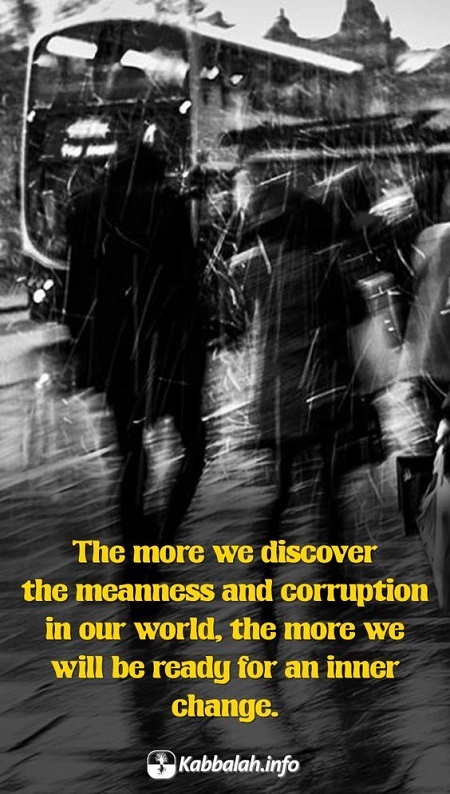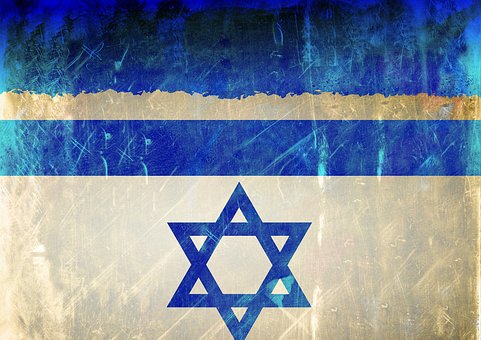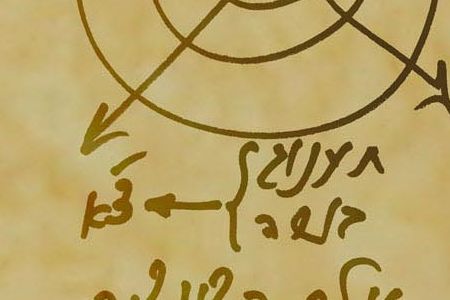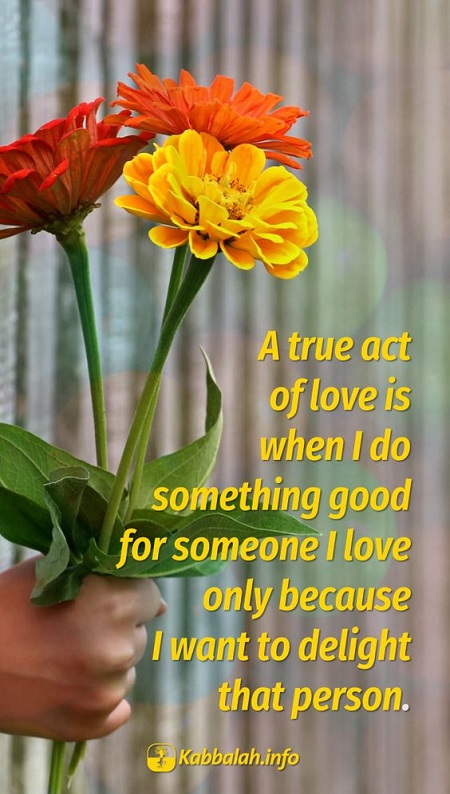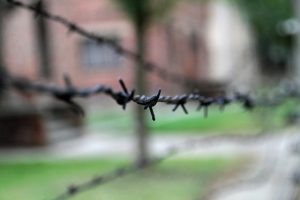
In light of the recent Holocaust Memorial Day and the rise of anti-Semitism in the world, I felt the need to share my story.
I am Jewish. I was born Jewish. I come from a long line of Jews who migrated to America from Russia to escape the pogroms. I was raised to respect the Jewish traditions, and although we did not keep kosher, we did observe the holidays—mostly to please my grandmother, the matriarch of my family.
My uncle was a cantor (one who sings and leads the prayer in a synagogue), I loved to hear him sing but had no idea what he was saying. I never learned Hebrew, I didn’t go to Sunday school because my parents gave me a choice and my sister told me I would hate it. I grew up in a middle class neighborhood that was a melting pot of all, in an area known to be the home of many Jews with a great Deli within walking distance of our house.
We learned about anti-Semitism and Hitler in school, but it didn’t really affect us. That is until the Nazi Party of America planned a march in my home town in 1977. Then I learned that approximately 5,000 of the residents of Skokie, Illinois were Holocaust survivors.
I remember meeting my girlfriend’s aunt who always seemed so withdrawn and sad. One day I was invited to a dinner where, while sitting at the dining room table, I saw the numbers tattooed on her arm. She shared the story of how she was at Auschwitz. She was in line for what she called the ovens, the crematorium.
There was a mother behind her whose daughter was in front of her. The mother wanted to be with her daughter. If you were caught talking or changing places in line you were shot on the spot. But somehow they switched places. The mother moved up a spot to be with her daughter. That day the line stopped at my girlfriend’s aunt. The mother and daughter were killed and she was spared. Her story haunted me for many years.
After my son was born we took a trip to visit my own great aunt who was one of the last surviving relatives of that generation. She shared many stories of my relatives in Russia, and what it was like to be Jewish in the pogroms. She told me how my great grandparents hid in a neighbor’s basement during one of the raids with my then two year old great uncle. The neighbor did not want to hide them at first, because if it was known that she was helping a Jew, she too would be killed with her whole family.
But as she watched my grandparent’s turn away with their two-year-old son, she could not let it be, and invited them to come in and hide. When the pogrom police came to her house, she swore on a picture of Jesus that there were no Jews there. At first the police did not believe her and they started to search the house, but she kept swearing on the picture of Jesus, and finally they said if you swear on Jesus, we must believe you and they left. That day that woman saved not only my great grandparents and uncle, but me too, as I would never have been born if my family had been killed.
Being Jewish for me then became more of a stigma then a proud heritage. I couldn’t find my place in my religion. People would ask what you were, and my friends would say Italian, Spanish etc, but I was always labeled as Jewish, not Russian. I never understood what that meant.
Once when I was renting a house the landlord had to come and fix something. His wife came with him and somehow we got to talking and it came out that I was Jewish. She looked at me like she had seen a ghost, her eyes got really big and she said, “You are one of the chosen people.” I told her, “I thought we were all chosen because we are all alive.” I didn’t get why she treated me differently, but it again reaffirmed to me how my being Jewish was more of a stigma and something not to be shared.
Fast forward to today, where the rise of anti-Semitism seems to be skyrocketing all over the world. To be an American Jew who closes my eyes is to close my heart to all those who fought and struggled in my family, my girlfriend’s family, and in my childhood neighborhood. It means I am closing my eyes to all those living in fear and dying all over the world. Any time we close our eyes to hatred, we close our hearts to life and love and the meaning of our existence.
The first step to healing is to be informed, not to run away but to learn what it means to be a Jew and what our purpose is in this world. We must learn why Jews are so hated and what anti-Semitism is all about so we can speak out against the hatred of any and all human beings. We cannot let history repeat itself, we cannot turn a blind eye.
The following excerpt from the website Why Do People Hate Jews? spoke volumes to me. I am sharing it with the hope it will do the same for you, and we can all move forward together with our eyes wide open.
As the world deteriorates into chaos crisis by crisis, the pressure on the Jews will continue to grow. A few years ago, a second Holocaust was unthinkable. Today it is a concern that people are beginning to express openly.
In the early 1950s, Rav Yehuda Ashlag wrote The Writings of the Last Generation, in which he describes the progression he saw for the world’s political development, especially in the Western world. “The world erroneously considers Nazism a particular offshoot of Germany,” he wrote. “In truth, it is the offshoot of a democracy and socialism that were left without … manners, and justice. Thus, all the nations are equal in that; there is no hope at all that Nazism will perish with the victory of the allies, for tomorrow the Anglo-Saxons will adopt Nazism, since they, too, live in a world of democracy and Nazism.”
By Debra Lynn
